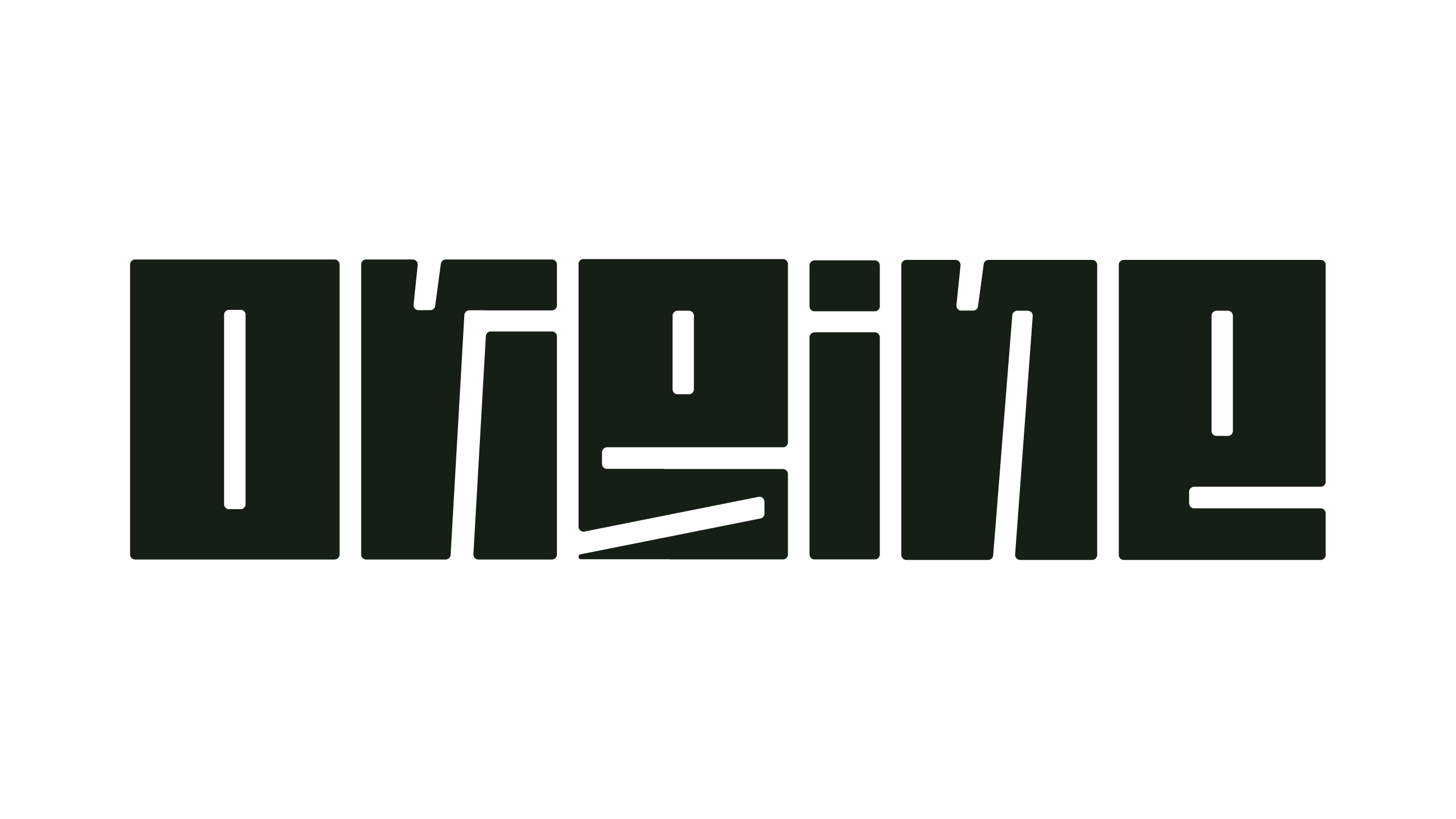Good heavens! Is it possible? Until now, business schools cited Toyota, Apple, and McDonald's as examples of just-in-time manufacturing. Under this method, raw materials are only sent to production facilities once the order is confirmed and the product is ready to be manufactured. This reduces waste and storage costs. Now, in the municipality of Saint-Philippe (Montérégie), a father and son are revolutionizing this principle by applying it to plants that grow head over heels!
Due to the inventiveness of Gilles Dumont and the development talents of his son Guillaume, the GiGrow system which they developed with the help of an army of multidisciplinary experts can boast of being the only rotating injection garden that works with gravity. A Ferris wheel capable of supercharging growth at high speed.
After more than two years of research and development, Guillaume and his team have achieved the feat of providing their plants with the exact amount of nutrients and water they require at the precise moment they really need it. Just in time devoted to chlorophyll which would open the way to a revolution (if you can put it that way) in the way of growing vegetables, salads, herbs and flowers.
Gone are the days of flooding vegetables with huge amounts of water and fertilizers that contaminate waterways and damage the environment, even in the case of hydroponic crops. Not only is the entire process carried out in a closed circuit, but the method devised has made it possible to achieve mass production with a nutrient supply as precise as using pipettes in a laboratory! Drip irrigation without recirculating liquids.
The electrical engineer in his mid-thirties is quite proud to offer his solution, which requires barely 10 to 15 liters of water per kilo of lettuce, compared to 200 liters when grown in soil. Not to mention the fact that per square foot, this technology is 150 times more productive than growing in black soil. And to top it all off, everything matures without pesticides, fungicides, or insecticides. It's no wonder GiGrow has been recognized by the organization Solar Impulse European as one of the 1000 most eco-environmental solutions to combat climate change.
" We don't need to sanitize everything to achieve a healthy environment. It's when the plants are upside down that we inject nutrients and water, which spread by capillary action. In addition to maximizing the amount of oxygen in the roots, this method produces less humidity, which slows the spread of insect pests and diseases. We provide and control the optimal environment for the plant by using soil, good bacteria, good fungi in the soil. We can even use potting soil. With only three employees, a farm with 200 rotating gardens can produce 750,000 lettuces per year. "
At first, Guillaume had a tough time convincing agricultural experts in Europe and elsewhere. After all, feeding lettuce upside down and growing it in 20 days without pulling the leaves was somewhat contrary to conventional wisdom and Newton's theory. But faced with the evidence, everyone realized that giving plants exercise is very beneficial.
The GiGrow system will be deployed for the first time in Quebec in Varennes, just 45 km from Saint-Philippe. This 24,000 sq. ft. facility under construction will house 605 rotating gardens that, rain or shine, will produce nearly 4 million heads of lettuce per year. This will continue for the next 25 years, the lifespan of the system, whose central bulb, directed directly at the plants, ensures photosynthesis.
In this era disrupted by climate change and COVID-19, GiGrow is attracting growing interest. With food self-sufficiency becoming a more important issue than ever, this technology, which ensures local production with a low carbon footprint, is arriving at the right time. We bet that before long, the Dumont family's business will be running at full speed. Plants better watch out!




